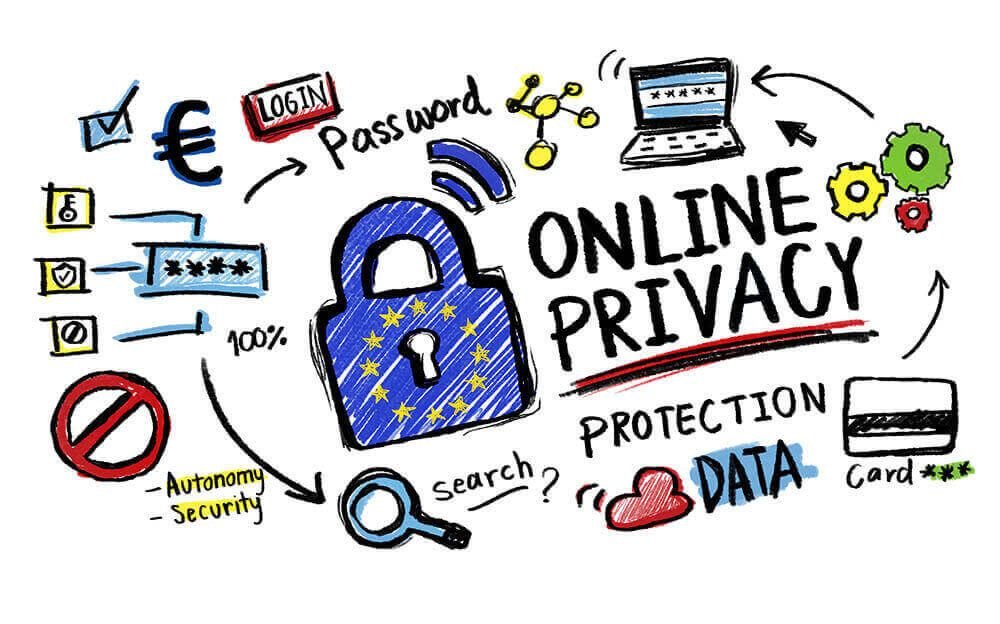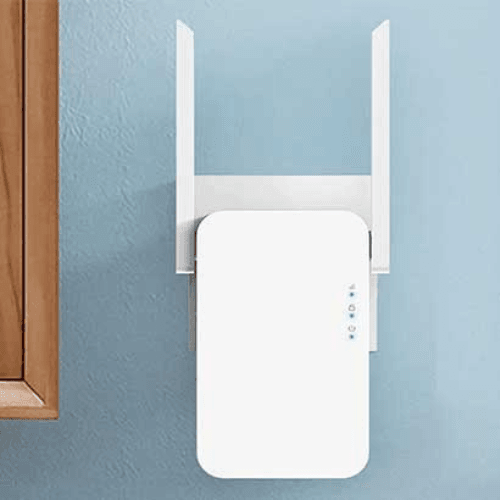
Do you take your privacy seriously?
Well, most people don’t. Online privacy is an important issue but there are several steps you should have to protect your privacy. If you take your online privacy so seriously, follow these 5 steps to protect it.
- Beware of Internet Service Providers (ISPs)
ISPs are companies that provide you with the facilities of the internet, you might don’t know that your ISP has all the information about your online searches.
Anything you search online, your browser sends a query to DNS servers. First, your query goes through your ISPs then it goes to DNS servers. I must have to say that your ISP can easily monitor these queries, which give them a chance to enter in user’s online privacy.
Not all the ISPs monitor your browsing activities, this is done by those who don’t have any kind of rules. Most of the ISPs keep the record of your browsing activities for a period of few months and a year. There are two ways to protect your browsing queries from ISPs.
- Use the most trustworthy ISP
- Use a VPN to protect your data
- Strengthens and Protect Your Login Credentials
Most people take the login credentials for granted. Your password and username is the only thing which keeps cybercriminals away from your personal data. This is why it’s important to keep them as strong as possible. Choose a difficult username so that it can’t easily be linked to your identity. This is done to prevent hackers from correctly guessing your username. Also never use your social numbers as your username.
Next, is to pick strong passwords, there are many ways to do this, there are 2 options for that.
- Learn how to make strong passwords
- Use password manager
For making the password stronger you have to use a combination of upper and lower case letters. Complex passwords take more time to crack. If you have any difficulty in thinking complex passwords you may use password managers. These apps help you to create a strong password and also remember it if you forget.
1. Watch your browser
When downloading any browsing app you read their terms and condition policy, in that you actually find out that they track your online activities, they then sell this to other companies. This information is used to create annoying ads that they do with the help of cookies. Well, web cookies are harmless, they are used to remember online preferences. Some cookies are specially designed for tracking your online activities.
Another way to address the monitoring issue is to use incognito mode of your browser. By doing this your browser didn’t save any visited site, cookies, but your activities are visible on the website you visit. The best way to stay safe from these things is to use an anonymous browser. One of the examples is to use the TOR browser.
2. Install a VPN
A VPN is a security tool that protects your internet traffic as well as hides your original IP behind one of its own. VPN is the only tool that is used for privacy and accessibility purposes. It uses army-graded protocols to create a secure tunnel to divert your internet traffic and keeping your internet traffic secure from third-party monitoring.
VPN technology has evolved dramatically in the last two decades and its popularity has increased among internet users as a privacy protection tool. It is also famous among streamers and torrenters. VPN also helps gamers to stay protected while boosting up their gaming experience.
3. Watch what you share on social media
Social media has become one of the best ways to keep in touch with your friends and family members. We are just a click away from everyone on social media. Hackers are actually very frequent on social media sites as they are in search of any personal information they can steal. That’s why you should take caution about what you share on social media. Therefore, it is highly recommended to be extra cautious while sharing your personal information on social media.
Read Also How to safely download torrents?
Conclusion
Every person has a right to privacy, and online privacy should be taken seriously. Don’t forget to take the necessary steps to protect your privacy. Always use famous ISPs and protect your credentials no matter how strong they are. Always use encrypted messages and not provide private information about yourself on any social media. Keep using a VPN to hide your IP and encrypting your traffic.
Tech content on this site may include contributed articles and partnerships with industry voices. Learn more in our Editorial Policy.




